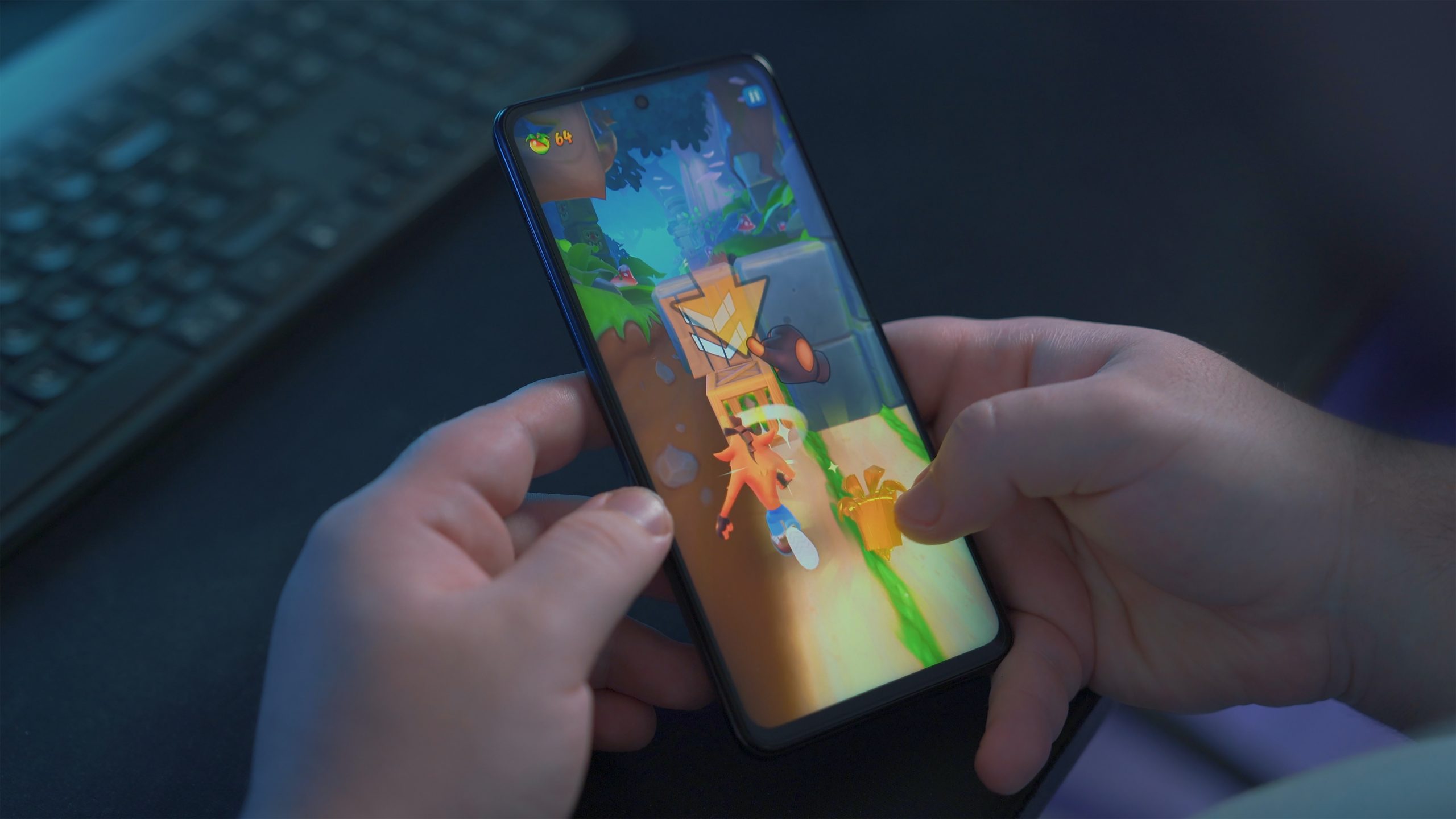
GDC-For professionals only
The Game Developers Conference, also known as “GDC” for short, is the largest annual gathering of professional video game developers produced by UBM TechWeb Game Network, a division of UBM TechWeb, LLC.
Touted as the world’s largest professional event in the gaming industry, GDC has presented essential forums focusing on learning, inspiration, and networking from the makers of computer, console, handheld, mobile, and online games.
The event is known to have attracted more than 18,000 visitors and is considered the premier forum where programmers, artists, producers, game designers, audio professionals, business decision makers, and others involved in interactive game development come together to brainstorm ideas. exchange and discuss possible improvements and developments in the industry.
The GDC was initially focused on the computer game industry, but now the industry has started to diversify to the point that it now includes a number of other platforms such as dedicated console games, handheld devices, mobile phones, and online games. Even today, the GDC is still setting trends and visions for the future in the gaming market. This gives people a sense of what the future of gaming will look like.
Learn, Network, Inspire, is a recurring theme that the GDC aims to impress each of its participants.
The GDC has always been presented in San Francisco in the spring of each year. But today, GDC conferences are held simultaneously around the world through GDC Austin, GDC Canada, GDC China, GDC Europe, and, of course, GDC San Francisco.
The conference will highlight a range of interactive events, including, but not limited to:
a. The GDC Expo
The GDC Expo has been a way for most companies to showcase the innovative tools developers use to create their games that will be released or hit store shelves in the near future.
b. Learning activities
The GDC also offers learning activities with a variety of tutorials, single lectures, and roundtables by industry professionals on game-related topics, which can cover a wide variety of topics, including programming, design, audio, production, business and management, and the visual arts. art.
c. Independent Games FestivalThe Independent Games Festival
Games Festival is managed and developed by the organiser of GDC, UBM TechWeb. The organisers believe that the independent game development community plays an important role in delivering new game ideas and concepts while being able to disseminate them within the larger developer community. This is how the Independent Games Festival was born.
The Independent Games Festival, first launched in 1999, is the first and largest independent games competition. The Independent Games Festival encourages and rewards innovation in independent games. It highlights the innovative achievements of developers, ranging in size from individuals building PC titles to studio teams creating console downloadable titles.
d. Game Developers’ Choice Awards
The Game Developers’ Choice Awards are considered the only open, peer-based awards show in the game industry. The Game Developers’ Choice Awards are the single most important accolades awarded through peer recognition in the digital game industry, while simultaneously celebrating creativity, artistry, and technological genius.
Any member of the International Game Developers Association (IGDA) and industry professionals from around the world can be nominated for the Game Developers Choice Award for free. The winners are then selected through membership votes.
The Game Developers’ Choice Awards have been launched since the year 2001.
GDC’s History
Originally, GDC started as the Computer Game Developers Conference (CGDC), which hosted its first conference, led by Chris Crawford, in 1988 in San Jose, California. The first conference took place in Crawford’s own living room and was attended by a small group of twenty-seven designers. Undeterred, Crawford launched CGDC’s second conference at the Holiday Inn, Milpitas, later that same year. This time, the conference was able to attract 150 developers.
From 1991 to 1995, CDGC has steadily gained popularity among developers and has seen an increase in attendance from 538 to 2387. Ernest W. Adams, the then director of operations, had decided to hold the conferences in several facilities in Santa Clara, San Jose, and Long Beach. which revolutionised and helped CDGC grow rapidly.
CDGC’s growth was remarkable in that it was able to turn from a small, under-capitalized company with previous financial losses into a profitable, million-dollar venture. The growth rate was so high that by 1994, CGDC was able to help fund the creation of the Computer Game Developers Association.
After being under the guise of CGDC for several years, it decided to adopt a new name. In 1999, the Game Developers Conference, or GDC, was born and replaced CGDC forever.
Over the years, GDC has demonstrated its ability to develop and launch new ideas, concepts, and events that could capture the interest of game developers. The GDC hosted the Spotlight Awards from 1997 to 1999, followed by the Independent Games Festival in 1999, and the Game Developers Awards in 2001.
In the year 2002, the GDC launched “GDC Mobile”, the first event dedicated to developing games for mobile phones. In 2004, the GDC began partnering with Game Connection to present the Game Connection @ GDC event, a live matchmaking service for developers and publishers. The event then expanded to include Game Connection Services for outsourcing and other services by the year 2007. The GDC also partnered with Video Games Live in 2006 to showcase their symphonic performance of video game music on the closing night. Such events and innovation led to an increase in the number of visitors from about 2000 in 1995 to 12,000 in 2005 and 18,000 in 2008.
GDC at 25
This year, the GDC just celebrated its 25th anniversary, last February 28 to March 4, 2011. GDC’s 25th anniversary was marked with more than 400 lectures, panels, tutorials, and roundtable discussions on a vast selection of gaming development topics taught by leading industry experts.
Rockstar San Diego’s acclaimed Wild West adventure title, Red Dead Redemption, was the big winner of the 11th annual Game Developers Choice Awards. The game won a total of four awards, including Best Game Design and the coveted Game of the Year Award.
Minecraft, the acclaimed 3D sandbox title from Swedish developer Mojang, was named best independent game of 2011 at the 13th annual Independent Games Festival.
UBM TechWeb, the company that runs GDC, says that more than 18,000 people came to the event.

